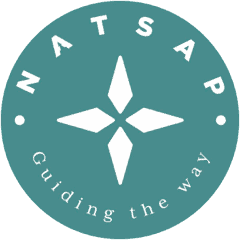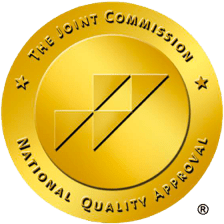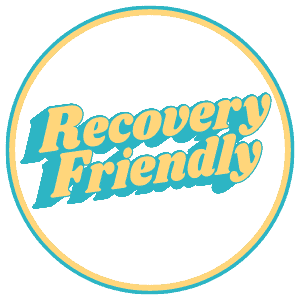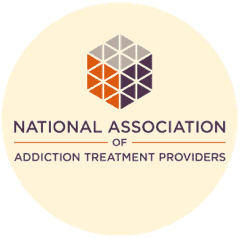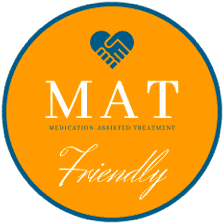While recovering from a substance use disorder or trying to address mental health concerns, you want to know that you will always have a shoulder to lean on as you figure things out. No one wants to feel alone in the recovery process as it takes a mental and physical toll on people to try and reach that happy, peaceful place. A community approach to recovery removes the fear of loneliness, providing safe spaces for people to express their thoughts and concerns as they try to establish renewal in their lives as well as a greater purpose.
The opposite of addiction is connection, and through evidence-based treatment in a safe environment, a connection is established between people going through similar struggles. A strong community encourages its members to take the right steps as they reingratiate themselves back into society and become constructive citizens.
You Get Strong Support to Introduce Healthy Lifestyle Changes
There is a lot more to recovery than cutting out the things that led you into addiction or declining mental health. You need to move beyond that and establish healthy lifestyle habits to promote sustainable recovery and renewal. You need changes centered around wellness, balancing the mind, body, and spirit so you feel properly aligned with your renewed approach to life. Whether it’s adding 30 more minutes of physical activity to your daily routine or new eating habits, these gradual changes can quicken the recovery process.
Through a community, people receiving treatment will get substantial support through relationships based on shared recovery foundations. During the early recovery period, it’s commonplace for patients to consider whether it’s possible to have fun without relying on substances. Through a support system, residents will learn several ways to enjoy themselves without turning to excess. Also, being around a community will encourage people who are wary of interacting with loved ones who use substances while enjoying themselves. The community provides a platform for people suffering from substance use disorder to improve their health.
To people dealing with mental health problems, a community will give them the encouragement and belief to stay true to healthy routines. Community breeds confidence and clients will feel they can stick to healthy routines thanks to the encouraging people surrounding them and showing them that this is possible.
A Good Community Promotes Accountability
Solid support networks hold people accountable throughout the recovery process so they can stay on the right track to optimal health. Groups that have shared experiences will share their challenges faced while recovering and offer real-time advice on how to overcome those challenges along the way to healthier living.
Communities also encourage patients to be as actively involved as possible. Support groups notice your behavioral changes more than you can and step in to ensure you’re heading in the right direction. It can be difficult to spot positive or negative changes on your own and it’s easy to fall into a state of denial if you’re on the verge of a relapse. Regularly spending time with supportive people who can speak first-hand about recovery struggles will provide you with life-changing perspectives that keep you in
check and motivate you to do better.
Community Provides Example
Being around a community allows recovering patients to meet people who have been through their own addiction or mental health problems. Good support groups link affected people with others who’ve been enjoying sobriety for some time and have overcome their own obstacles along the way. These examples of successful recovery provide added motivation and allow you to share experiences and ask pertinent questions in a safe space.
You will also learn stress management and how to handle triggers that could potentially lead to a relapse. There are programs like Alcoholic Anonymous and Narcotics Anonymous available for people affected by substance use disorder. Similarly, there are support groups for men and women that focus on sobriety and taking the next steps in recovery. If you’re not sure where to start or go, you can ask a counselor or therapist to connect you with a local support group. You may prefer anonymity as you join a support group or enjoy knowing that people in your community are readily accessible when needed. No matter what the need, there is a support group for everyone dealing with important health issues.
You Can Restore Damaged Relationships
Substance use disorders can cause affected people to be alienated from their loved ones, adding more stress to an already difficult situation. It’s a challenge to restore trust during recovery. However, with the community’s help, it’s possible to repair relationships with family and friends during recovery.
Seeking advice from support groups helps affected people develop different viewpoints, allowing them to understand the perspectives of the people they have hurt. This way, they can ask their loved ones for forgiveness and assure them of their hard work to improve themselves. This begins the process of healing, provides the path for a fresh start, and accelerates recovery in the knowledge that they have the support of loved ones and their community.
Taking the next step is difficult but achievable with a strong support system in place. The community at Next Step Recovery in Asheville, NC provides this support for everyone we work with. If your life has become unmanageable due to alcohol or substance use disorder, contact us today.



